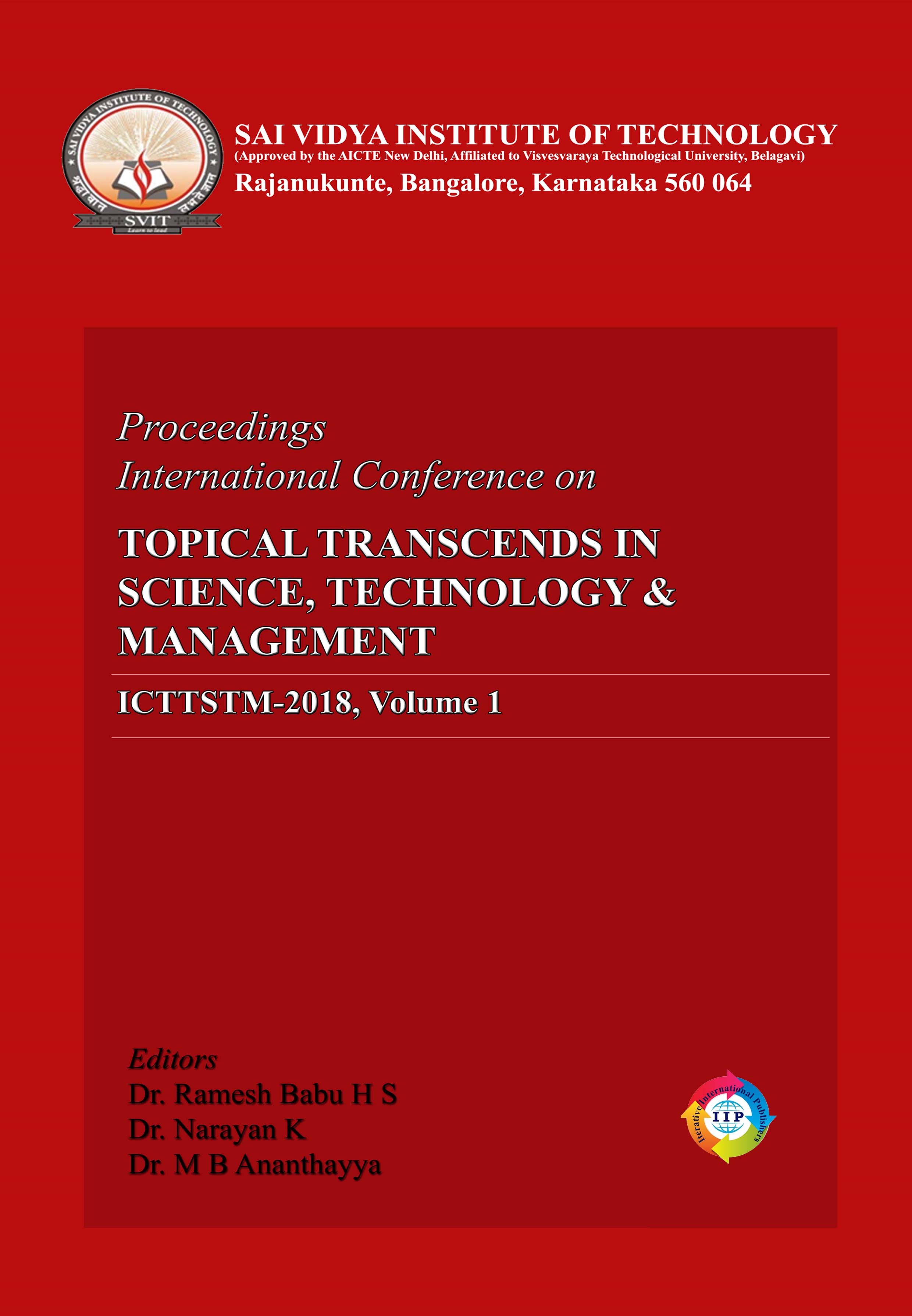.jpg)
METAHEURISTIC ALGORITHMS IN WIRELESS AND MOBILE AD HOC NETWORKS
-
TypePrint
- CategoryAcademic
- Sub CategoryText Book
- StreamElectronics and Communications Engineering
Mobile Ad hoc Network (MANET), made up of mobile routers connected by wireless medium, is a self-configuring network without any access point. Mobile devices in networks are autonomous, move freely, and haphazardly organize themselves. These networks do not require any existing infrastructure or network support. The lack of a central infrastructure imposes challenges, as services ensured by central infrastructure must be carried out by mobile nodes in the new environment. The network operation is decentralized as the network’s organization/message delivery is effected by nodes. Communication between nodes is achieved through wireless links in a multi-hop fashion. All nodes serve as routers for each other. The MANETs limited resources makes designing an efficient routing strategy very challenging.
An effective routing strategy is required for efficient use limited resources while simultaneously being able to adjust to the changing network environment like network size, traffic density and network partitioning. Thus, MANETs routing protocols must handle limitations like limited power, low bandwidth, and arbitrary node movement. Based on routing information upgrade mechanism, routing protocols can be classified into three categories as Table driven (proactive), on demand (reactive) and Hybrid routing protocol. Proactive protocols are not optimal for MANETs due to changing topologies whereas reactive routing protocols fares better as it invokes route discovery procedure on-demand. Hence, a global search procedure is used if a route is needed. On
Ad hoc network routing has two issues: performance and power conservation. Networks routing optimization problems find paths between network nodes efficiently. The aim is to optimize both issues without incurring overheads. Varied optimization techniques find an available optimal path from source to destination. It is not necessary that optimal path should be shortest but it should a feasible path ensuring best path from source to destination. The vital parameters for the optimization in the routing algorithm are packet delivery ratio, Percentage of control packet overheads, End to End Delay, Jitter, and Packet loss rate.
The book consists of six chapters. This chapter 1 reviews AODV and its routing. Also QoS based on routing is discussed. Chapter 2 surveys the various aspects of AODV routing available in the literature. Various algorithms available in the literature are compared in terms of various performance measures. The improved QoS aware routing protocol using swarm intelligence methods is discussed in Chapter 3. Chapter 4 details the Hybrid algorithms.
Based on FACO and GA-ACO methods. Chapter 5 extends the previous investigation by proposing a hybridization method in order to improve the routing using ACO-CS and ACO-PSO methods. Chapter 6 summarizes the concluding remarks.
**Note: IIP Store is the best place to buy books published by Iterative International Publishers. Price at IIP Store is always less than Amazon, Amazon Kindle, and Flipkart.





COMMENTS
No Review found for book with Book title. METAHEURISTIC ALGORITHMS IN WIRELESS AND MOBILE AD HOC NETWORKS